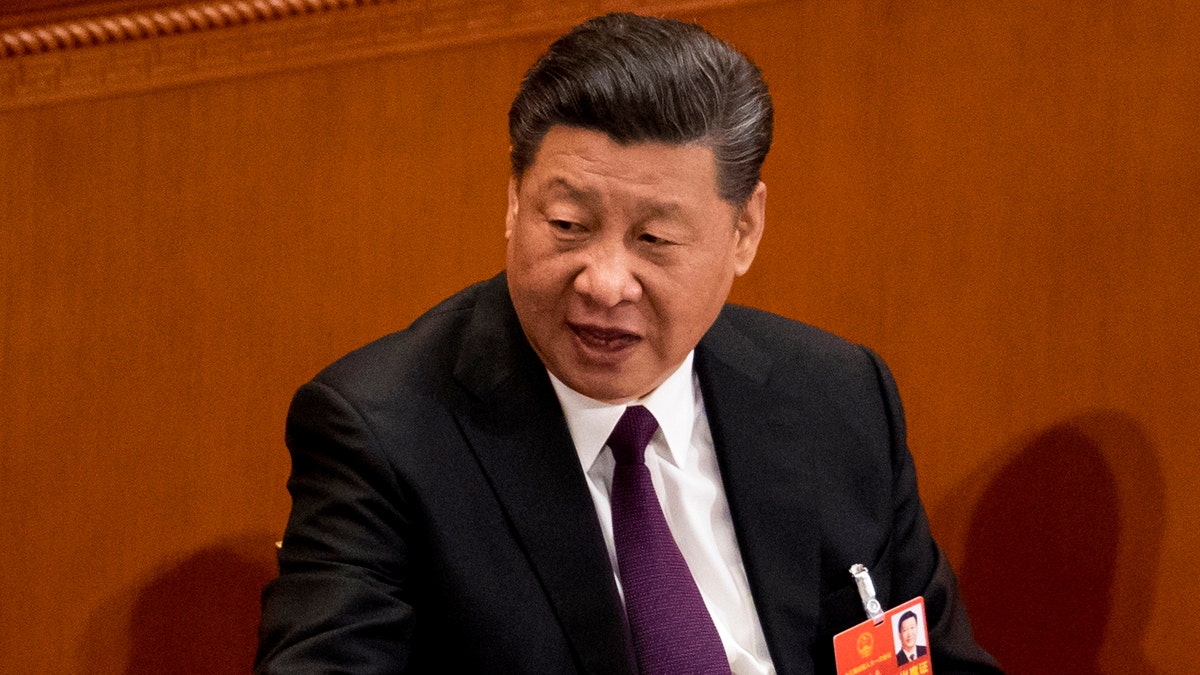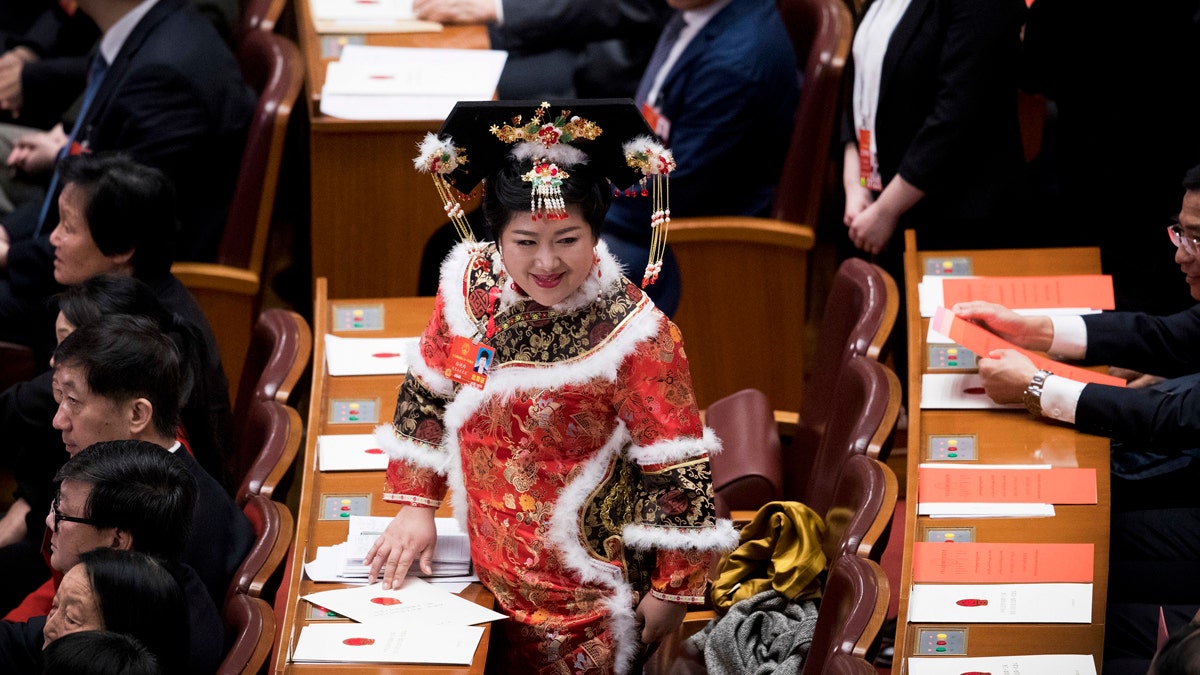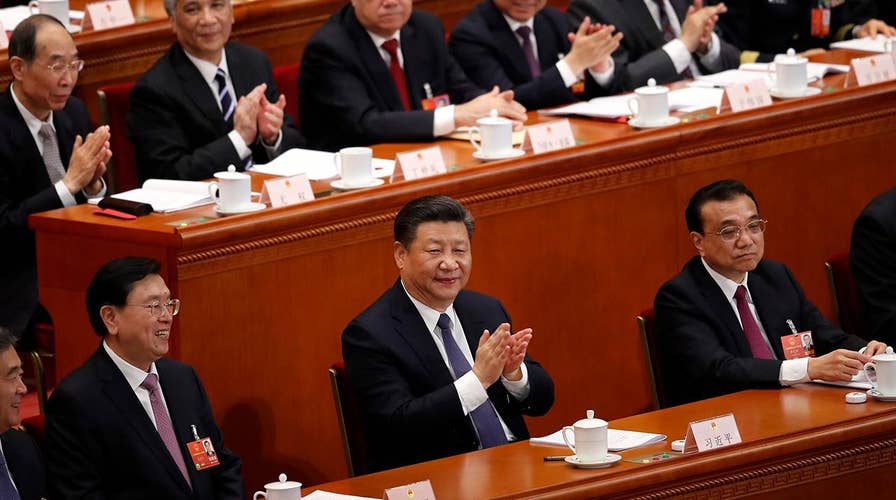Lawmakers in China abolish presidential term limits
President Xi Jinping may now remain in office indefinitely.
After China's rubber-stamp legislature reappointed Xi Jinping as China's president with no term limits, the communist country's massive propaganda efforts kicked into high gear.
Xi, 64, is considered the most powerful Chinese leader since Mao Zedong and last Sunday was given the right to continue in office indefinitely after the legislature scrapped term limits for the president and vice president.
According to Reuters, Xi’s face dominated the front pages of major Sunday newspapers, many carrying the same editorial from the ruling Communist Party’s official People’s Daily using language once more associated with Mao Zedong to say he was a “leader loved and respected by the people” and “helmsman of the country.”
Critics say the move overturning a push to institutionalize China's ruling practices dating from 1982 will likely lead to increased political repression and possible infighting among party factions seeking to promote their own candidates within the closed system.

Chinese President Xi Jinping talks to leaders after being formally re-elected to a second term. (AP)
The military’s official People’s Liberation Army Daily, reports Reuters, pledged its loyalty to Xi in its editorial, saying his election would ensure the country’s long-term peace and stability. Xi is also head of the armed forces, the world’s largest.
Xi took office as president in 2013 and hasn't said how many additional five-year terms he intends to serve. State media has said the removal of term limits will not alter conditions for retirement or create a president in perpetuity, but has offered no details.
Xi is expected to expand his yearslong campaign against corruption within the party to include all state employees through the creation of a new National Supervisory Commission, while continuing to pursue a muscular foreign policy and policies to upgrade the slowing economy.

A delegate in ethnic minority costume walks to her seat after casting a vote during a plenary session of China's National People's Congress at the Great Hall of the People in Beijing, March 17, 2018. (AP)
Economic growth and social stability have allowed Xi to amend the constitution and carry out other moves that once seemed highly contentious, said Kerry Brown, professor of Chinese Studies and director of the Lau China Institute at King's College, London.
"Really no one is going to shout and moan too much" because growth and stability are considered so important, Brown said Friday in a talk to foreign media in Beijing.
The Associated Press contributed to this report.









































